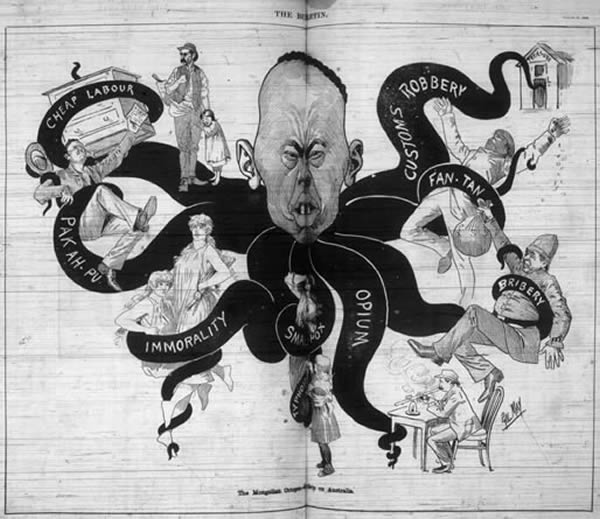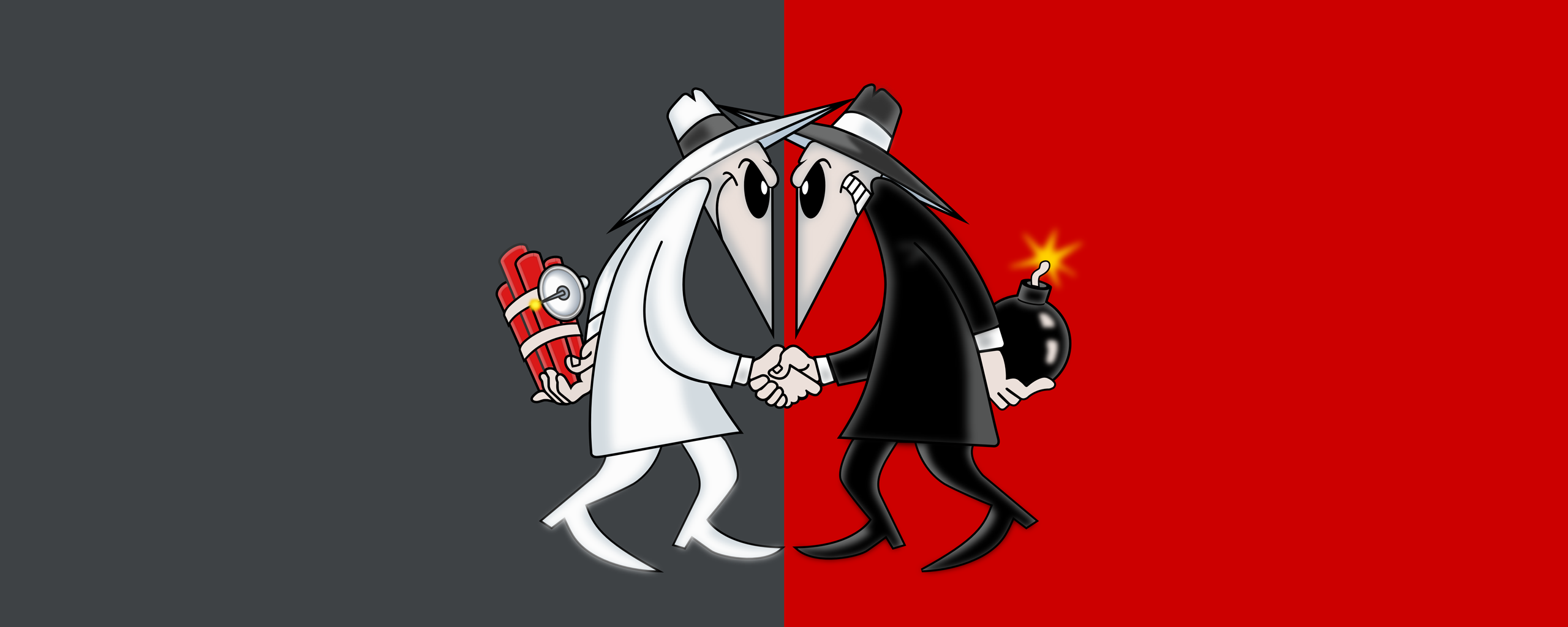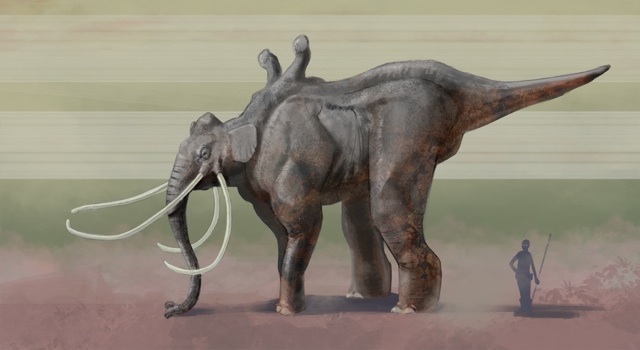Unique

I often try to describe things with analogies to other things. But that doesn't work with Windup, because I can't think of any other work that's very similar to it.
For a scifi of this caliber, that's pretty cool.
I've seen some comparisons between Windup and Neuromancer, and various other Sprawl/Gibson type books. Some of the analogies have merit, but ultimately, the world of 2300's Thailand is just not similar to any of the old cyberscapes. It's not cyberpunk, and the thing is, it's not even biopunk. There's not a lot of punk in this scifi. Even the youths of 2300's Thailand feel leathery.

Paolo has recrafted early 1900's European colonialism in Asia into a far future setting, with some exploring diaspora Judaism through "Yellow Card" Chinese, who got Krystalnachted out of Malaysia. And it does not feel immature, color me surprised.

The major players are the shadowy Deep Player types who squabble behind the scenes of today and yesterday. It's a believable story of these Deep Players shortsightedly prodding and sucking at the fragile political biosphere, until a series of fuckups - some deliberate, some random, most a mix of both - cause the fragile, post-apocalyptic order to rapidly get disorderly, benefitting nobody. It all ends in a (mostly very low-tech) mess of violence, and a stark reduction in life quality for everybody involved.
Those that survive, anyway.

But even when the dung hits the fan, the biotech is not punk. The biotech is rough and inexpensive, in the leathery hands of callous old boys. No sexy young geeks with radical ideas and clothing styles here, it's all scars and farts and grimaces.
If Paolo reminds me of any other author, it might be Gibson, with his grey, layered character motivations. And the character "Gibson" in Windup is the only punky character (he's a white-haired cripple, but he is all the same a Gibson-punk... technical prowess and radical beliefs, cased in the romantic arrogance of the nerd). Yet Gibson is a prisoner of old-school warlords; a kite in the wind, helpless to control of his fate.
What I like about the politics is that it's not naive, the way that a lot of scifi is written by Aspies who like technology, but don't understand how power works in third world countries. It's more in the flavor of spook authors with a mil int background, like Ostrovsky or Grady.

Yet the sci novelty of the world-building is substantive and realistic. So, what do we call it?
Bio-punk isn't the right word. The bio of Windup is economical, more resembling a Days of the Condor plot about a drug and hydrocarbon trade feud.
So what's the word for this kind of thing? Jackal scifi? Third-world wet-job scifi? Post-apocalyptic spooks confused by unpredictable elephants.

I can find no genre to fit it into, because no one else seems to be doing similar work. I saw the word "enviropunk", but the environmental plot is too gritty, there's no Gaian "balance of nature" environmentalist sanctimony. In the plot, environmentalism (as a social entity) is just a bureaucratic weapon, to be used by political faction A to clobber political faction B. Nobody is in balance with nature.
Another term I found online is"ribofunk". But, that's just gay.
It's an 80's CIA novel. With gene ripping, and (sadly verisimilitudinous) Asian gang rape.

To make retreat and pessimism realistic and believable to a techno-optimist takes careful work, but Windup does the work well enough to suck me in. It's a future in which Big Physics continues to fail to deliver cool stuff, while bio quietly blindsides everybody.
The believability of Paolo's tech does suffer on only one, major point: The titular "Windup Girl".
The social substance surrounding her GMO superpowers come across as the only dumb gimmick, in an otherwise realistic-enough-to-be-familiar world. So, she basically has Matrix "bullet time". But she has no idea that she has it. And nobody else knew either. Why? Because nobody knew that every single one of her hyper-famous class of GMO sex-replicants so famous that everybody recognizes them on sight, has the ability to destroy a small army of humans with GMO kung fu.
And the Japanese makers of these New People didn't even keep it a secret, exactly... a Japanese businessman is willing to casually explain it when asked. But apparently, the fact that every GMO sexbot can murder hundreds of people if provoked wasn't interesting enough to be known. Meh.
Paolo's book Windup Girl is an exercise in how curious humans are about capacities for violence in even fictional characters, to say nothing of the GMO slave class everybody is abusing all day. Nobody knowing or caring about GMO bullet time is a stupid gimmick.
But, this fumble stands out as a contrast to an otherwise neatly constructed world. And a blemish on an otherwise intriguing, enigmatic Windup Girl.

In spite of the goofy gimmick underlying her GMO kung fu, Windup Girl winds up being fascinating, and her superpowers detract little from the awesome of her GMO mind, which the final scene of the story communicates hauntingly. I've seen some reviewers (all of them women, sadly) who complain that Windup is abused and exploited gratuitously as a "submissive asian doll" fantasy. Fools using dumb words, like "problematic".

Yet I doubt that many readers read the suffering of the main character at the hands of old prostitutes and malicious junkie cripples with misogynistic delight.
The heart-rending arc of redemption of Windup is the core of the story, and to dismiss this as a sleezy doll fantasy is IMHO to lose the soul of the narrative. The book is named after her, starts with her, and ends with her, it can't be understood by misandrists who see her as a fuck toy.
Her ability to overcome everything the dregs of humanity throw at her is precisely the dark note which makes the narrative outcome, and her affinity for the best of the human species, as well as her undaunted desire to create a future for the New People, convert an Old Testament-scale catastrophe of regression and retreat into a subtle utopia of hope, and a meta-narrative of deep, resonant purpose.
For the last two pages, heh.

Yeah, it's a lot of suffering to pay for a high note ending, which ties all the darkness together into a shining Sol Invictus. But it is precisely her suffering that makes you surprised at feeling optimistic at one of the nicer endings in Science Fiction, when the Big Picture is unveiled: that she, and her New People, are likely to ultimately get what they deserve.
Quite a flourish, Paolo! Bravo.
 2
2


